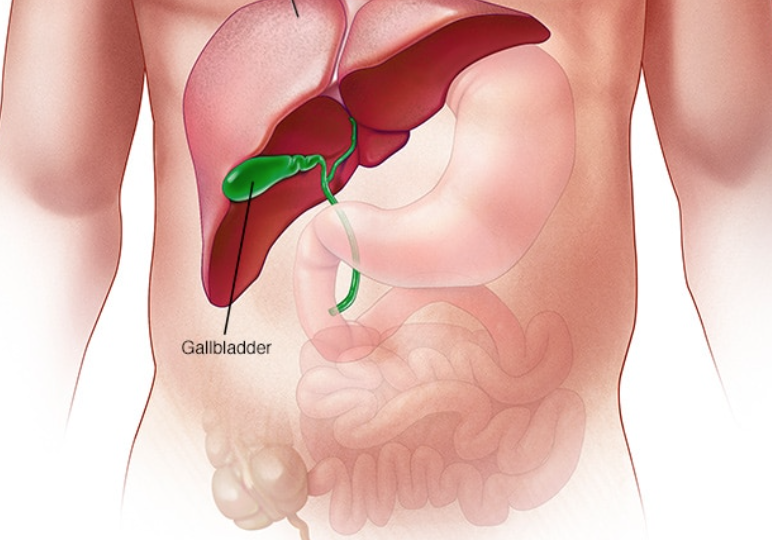Your liver is your body’s largest solid organ. On average, it weighs around 3 pounds, in adulthood and is roughly the size of a football. This organ is vital to the body’s metabolic, detoxification, and immune system functions. Without a functioning liver, a person cannot survive.
The liver’s major functions are in the metabolic processes of the body. These include:
- breaking down or converting certain substances
- balancing energy metabolism by converting glycogen to glucose and storing extra glucose by converting it to glycogen
- making toxins less harmful to the body and removing them from the bloodstream
The liver does this by receiving blood with nutrients from the digestive organs via a vein known as the hepatic portal vein.
The many cells of the liver, known as hepatocytes, accept and filter this blood. They act as little sorting centers, determining:
- which nutrients should be processed
- what should be stored
- what should be eliminated via the stool
- what should go back to the blood
The liver stores fat-soluble vitamins as well as minerals such as copper and iron, releasing them if the body needs them. It also helps to break down fats in a person’s diet. It either metabolizes fats or releases them as energy.
Gail’s comment: However, there is a large amount of the population with fatty liver disease and it’s preventing some from losing weight. It’s creating a toxic environment for the body and the people eating Keto diets are not helping their livers with the high fat foods.
The liver also produces an estimated 800 to 1,000 milliliters (ml) of bile each day. This bile is transported via bile ducts that eventually join and form the common bile duct that flows into the small intestine. The small intestine uses the bile to further help with break down and absorption of fats. Extra bile is stored in the gallbladder.
The liver produces and breaks down proteins as well. The byproduct of breaking down amino acid proteins is called ammonia, which can be toxic to the body in large amounts. The liver turns the toxic ammonia into a substance called urea. The liver releases this into the blood where the kidneys excrete it via the urine. The liver also removes alcohol from the blood, as well as affects many medications a person takes.
As if these functions weren’t enough, the liver also plays major roles in the following:
- creating immune system factors that can fight against infection
- creating proteins responsible for blood clotting
- breaking down old and damaged red blood cells
- storing extra blood sugar as glycogen
When taking all this into consideration, it’s easy to see how important the liver is to a person’s health.
https://www.healthline.com/health/what-does-the-liver-do
Five Vitamins you need to support your Liver!
Anger is the emotion of the liver and the gallbladder, organs associated with the wood element. Emotions like rage, fury or aggravation can indicate that this energy is in excess, and when we experience these emotions consistently, our liver can get further damaged.
https://www.sakara.com/blogs/mag/116573893-the-root-of-emotional-imbalance-according-to-your-organs
The liver is associated with the Solar Plexus chakra and when you come to use the Harmonic Egg for liver health we use flute music and orange lights for your session. Other colors to support the Liver can be reds, yellows and greens. Below is a webinar I did to teach clients how to support their liver.

